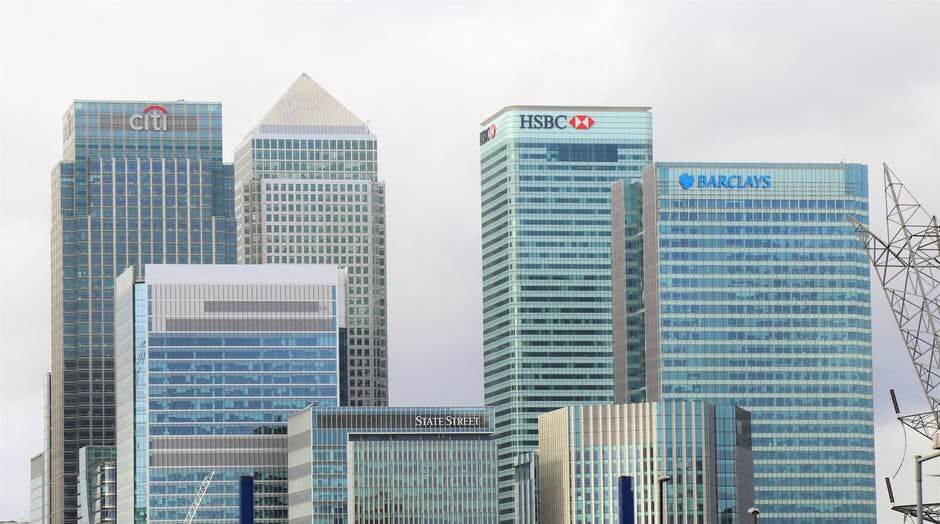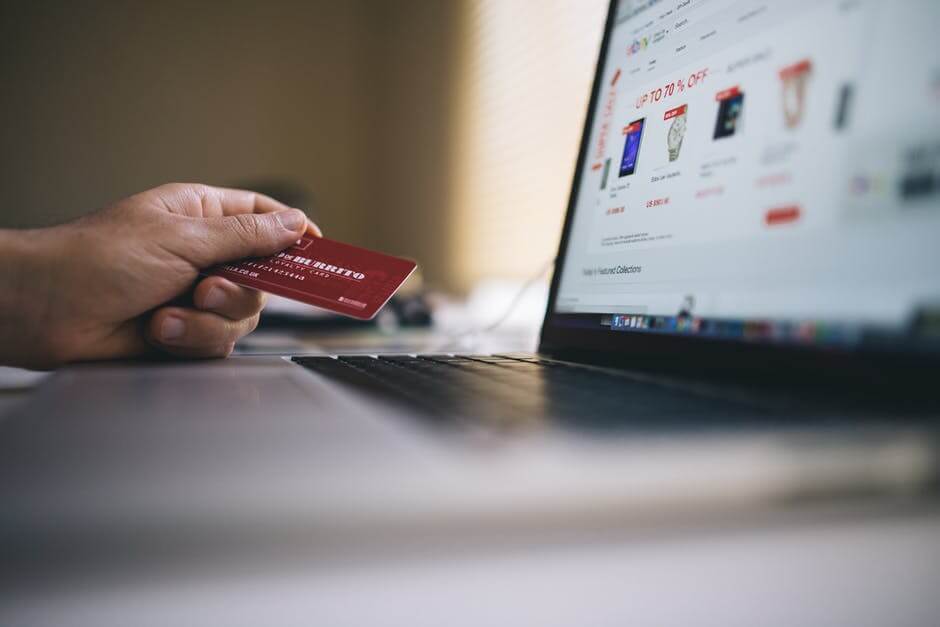Featured
What is open banking and why should consumers care?
The U.K. has introduced a new law that allows major banks to share information with third-party financial services.

Open banking is a fundamental shift towards a more transparent and accessible banking system. This recent change in the U.K. law allows major banks to share information with other financial services providers.
Bundled in with this legislation are clauses banning surcharges for payments made by debit cards, credit cards and online payment services such as PayPal and Stripe. In short, other companies can now use the data the bank holds on its customers, so long as they are accredited, have a specific purpose, and have time constraints on how long the data can be held.
In an interview with Money Hub’s Samantha Seaton, she states: “[I]t has been possible but cumbersome for a financial institution to get hold of all the financial data held about you by your bank.”
She added that the current technology and systems are outdated and widely considered suboptimal. With open banking, sharing consumers’ data becomes safer and easier.
“The Competition Markets Authority (CMA) is very much behind promoting these sorts of disruptors in the financial services market,” Seaton continued. She cited a mortgage as an example. Mortage can be used to show how one spends and manages money.
Now, through open banking, your rents can be taken into account when you apply for a mortgage, Seaton explained. “[S]o the products and services you as a consumer are being offered and your current eligibility can suddenly open up a new level of products or services, allowing you to get to the property market quicker.”

One of the features of open banking is banning of surcharges from credit card payments. (Source)
In addition, open banking also provides monitoring. And this allows you to have access to new products and services once you reach certain thresholds.
“Those products that are now within reach can be literally one click away,” Seaton said.
Is there a security issue here?
In terms of security in open banking, the bank needs your authority to pass the data to a third party. The data must be regulated with the FCA.
“[I]f it’s not authorized they will not give access and it will stop there. But if they do give access, then the level of security and the distribution of your data so that it is completely separated and anonymized is at the top of [the] banking level security. [It] is perhaps a good way to approach what we are doing in this day and age,” Seaton further explained.
Moving forward, it is clear that banking and finance will continue to be shaken up by ever-advancing technology. Ultimately, this is probably a good thing for consumers.
—
DISCLAIMER: This article expresses my own ideas and opinions. Any information I have shared are from sources that I believe to be reliable and accurate. I did not receive any financial compensation in writing this post, nor do I own any shares in any company I’ve mentioned. I encourage any reader to do their own diligent research first before making any investment decisions.

-

 Biotech1 week ago
Biotech1 week agoVytrus Biotech Marks Historic 2024 with Sustainability Milestones and 35% Revenue Growth
-

 Crypto3 days ago
Crypto3 days agoRipple Launches EVM Sidechain to Boost XRP in DeFi
-

 Africa1 week ago
Africa1 week agoCôte d’Ivoire Unveils Ambitious Plan to Triple Oil Output and Double Gas Production by 2030
-

 Business1 week ago
Business1 week agoThe TopRanked.io Weekly Digest: What’s Hot in Affiliate Marketing [NordVPN Affiliate Program Review]

























You must be logged in to post a comment Login